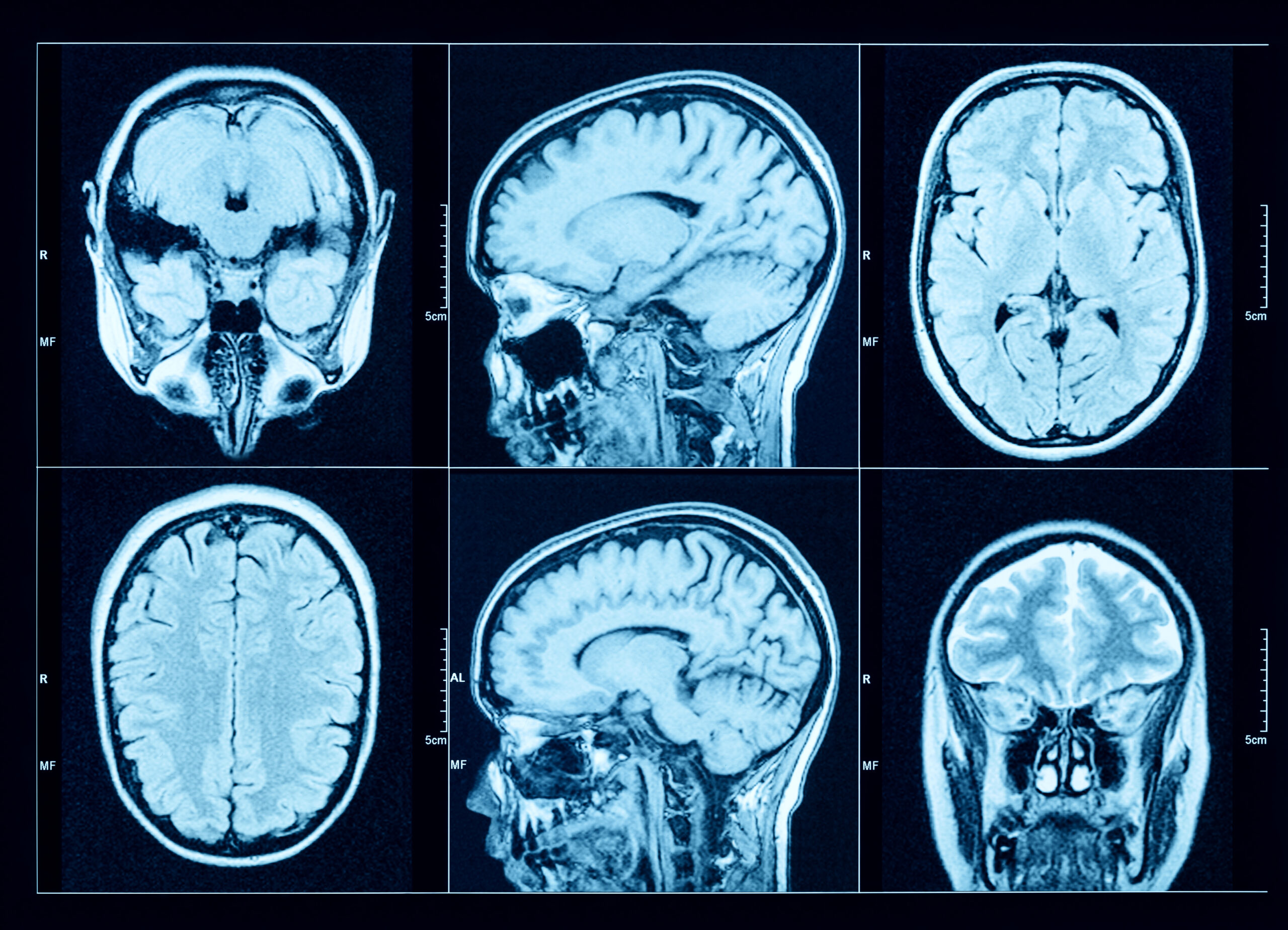A new “smart” injection therapy has shown remarkable results in shrinking head and neck cancer tumours within just six weeks, offering new hope for patients with advanced or recurrent disease.
The drug, amivantamab, demonstrated significant tumour reduction in a clinical trial involving patients whose cancers had returned or spread after both immunotherapy and chemotherapy. Results from the Orig-AMI 4 study were presented at the European Society for Medical Oncology conference in Berlin.
Head and neck cancer is the world’s sixth most common cancer, and treatment options are limited once standard therapies fail. Amivantamab — a triple-action therapy — blocks two key cancer pathways (EGFR and MET) while activating the immune system to attack tumour cells.
Prof Kevin Harrington of the Institute of Cancer Research and the Royal Marsden NHS Foundation Trust described the results as “incredibly encouraging.”
“This could represent a real shift in how we treat head and neck cancer – not just in terms of effectiveness, but also how we deliver care,” he said.
Unlike traditional infusions, amivantamab is given as a simple injection under the skin, making it faster and easier to administer — potentially even in outpatient settings or at home in the future.
In the trial, 76% of the 86 participants experienced tumour shrinkage or halted growth, with most responses occurring within six weeks. The average progression-free survival was 6.8 months, and side effects were mostly mild to moderate.
One participant, 59-year-old Carl Walsh from Birmingham, said the treatment dramatically improved his quality of life after previous therapies failed.
“Before starting the trial, I couldn’t talk properly and eating was difficult. The swelling has gone down a lot, and I’m not in the same amount of pain. Sometimes I even forget I have cancer,” he said.
Researchers say the results mark a potential breakthrough for treating recurrent or metastatic head and neck cancers — and could pave the way for more accessible, targeted cancer therapies in the future.


